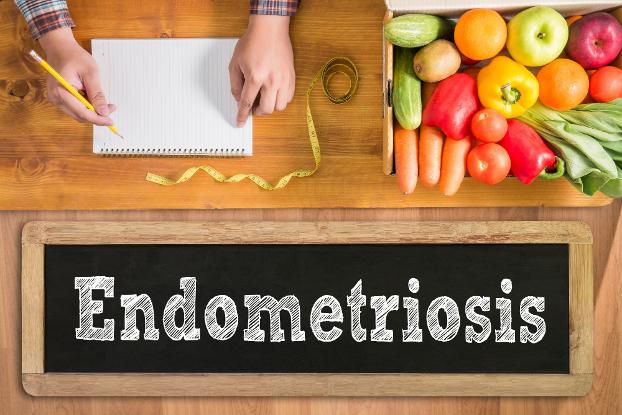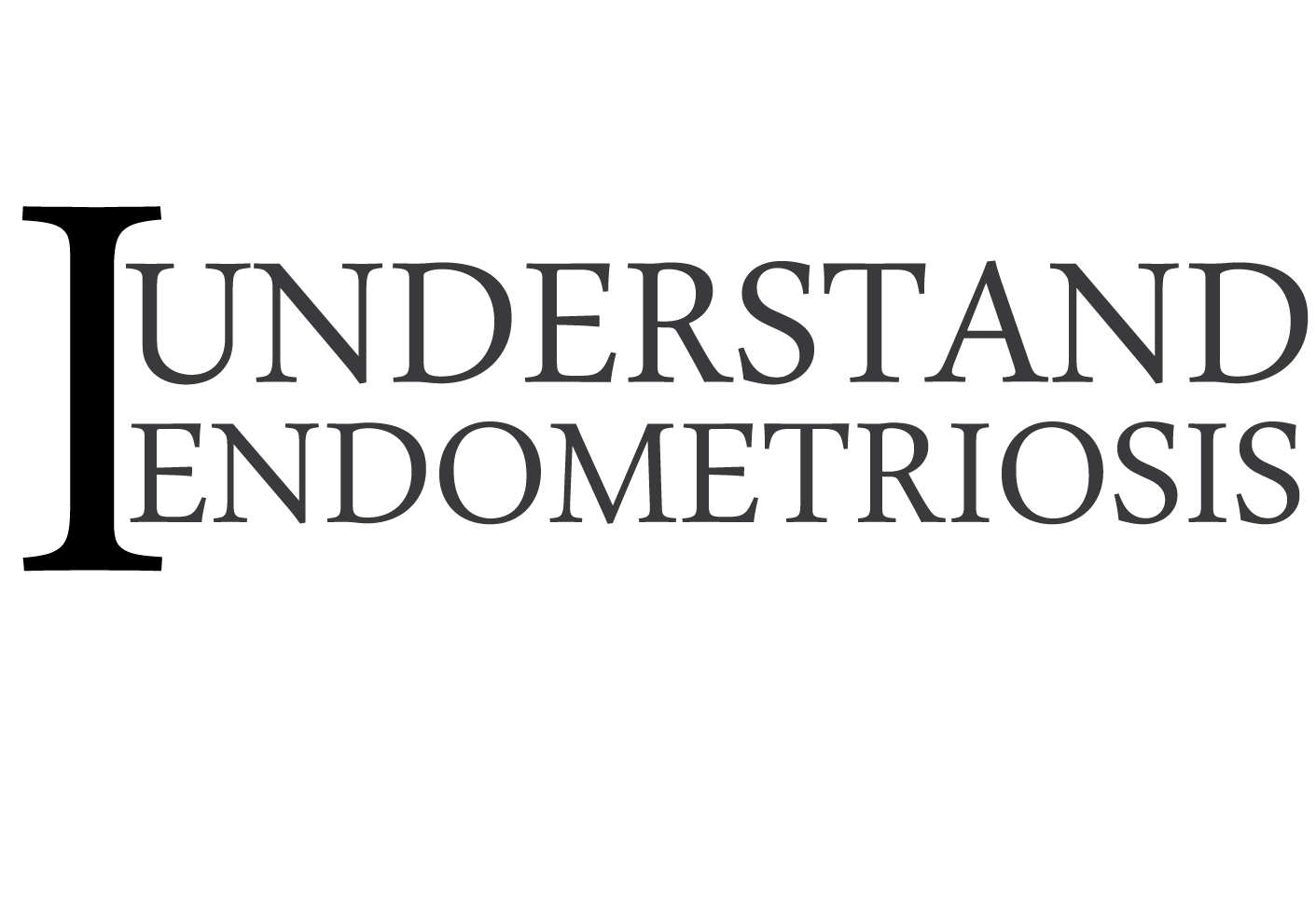
"DIET CHANGES CAN HELP REDUCE THE SYMPTOMS OF ENDOMETRIOSIS"
- ENDO-RESOLVED.COM
Changing your diet can help with the following
Reduce symptoms of pain
Relieve cramps
Reduce inflammation
Reduce bloating
Reduce estrogen levels
Balance hormones
Reduce weight- estrogen is stored in fat and Endometriosis is fed by oestrogen
Reduce toxins- found in e-numbers, additives, preservatives, pesticides, chemicals, anti-biotics used in animal husbandry
An improved diet will also
Increase energy levels
Boost immune system
Improve overall health
Top foods to avoid for Endometriosis
High-fat processed meats – Can increase inflammation levels and contain toxic additives.
Non-organic dairy products – Conventional dairy is high in steroids and pesticides.
Refined sugar – Increases pain and decreases immune function.
Alcohol – Increases inflammation and reduces immune function. Reduce intake in order to also improve liver detoxification of oestrogen.
Caffeine – Can cause hormonal imbalances and dehydration.
Other foods to avoid
Dairy (instead of milk you can try to incorporate rice milk, coconut milk or almond milk)
Processed Foods
Carbohydrates including wheat and gluten
Soy
Trans fats
Too much red meat
Chocolate
Fried food
Top foods for Endometriosis
Organic foods – Pesticides can affect estrogen and other hormones, therefore it is important to choose only organic.
Wild-caught fish – Foods high in EPA/DHA reduce inflammation and reduces pain.
Flax, hemp seeds and chia seeds – Will help improve estrogen levels, consume 3 tablespoons daily.
Cruciferous vegetables – Increases Indole-3-carbinol, which supports liver detoxification.
Avocados – Are high in healthy fats, fiber, potassium and magnesium all of which support hormone balance and reduce inflammation.
Other foods to eat (anti-inflammatory foods)
Celery
Beets
Broccoli
Blueberries
Salmon
Pineapple
Bone Broth
Walnuts
Coconut Oil
Turmeric
Ginger
Bok Chow
Supplement regime
A multivitamin and mineral supplement
B Complex vitamin (50 mg of each B vitamin per day)
Magnesium (300 mg per day)
Vitamin E (300 iu per day)
Zinc citrate (15 mg per day)
Vitamin C with bioflavonoids (at least 2000 mg total per day)
Fish oil (100mg per day)
Probiotic
If your multivitamin or mineral supplement includes many of the above, but does not cover the full daily intake; you would only have to add the additional amount separately for the full daily amount.
To study a more in depth approach to diet including a recipe book
Go to http://www.endo-resolved.com/diet.html
Copyright iunderstandendometriosis.com 2019
This website is intended as a resource/information site. All diagnoses must be given by a doctor. This website is not affiliated with, maintained, authorized, endorsed or sponsored by any of the mentioned websites, materials, doctors or any of its affiliates. This is an independent, unofficial site. All information contained on this site is unofficial and subject to update without notice.

.png?timestamp=1525292175179)

